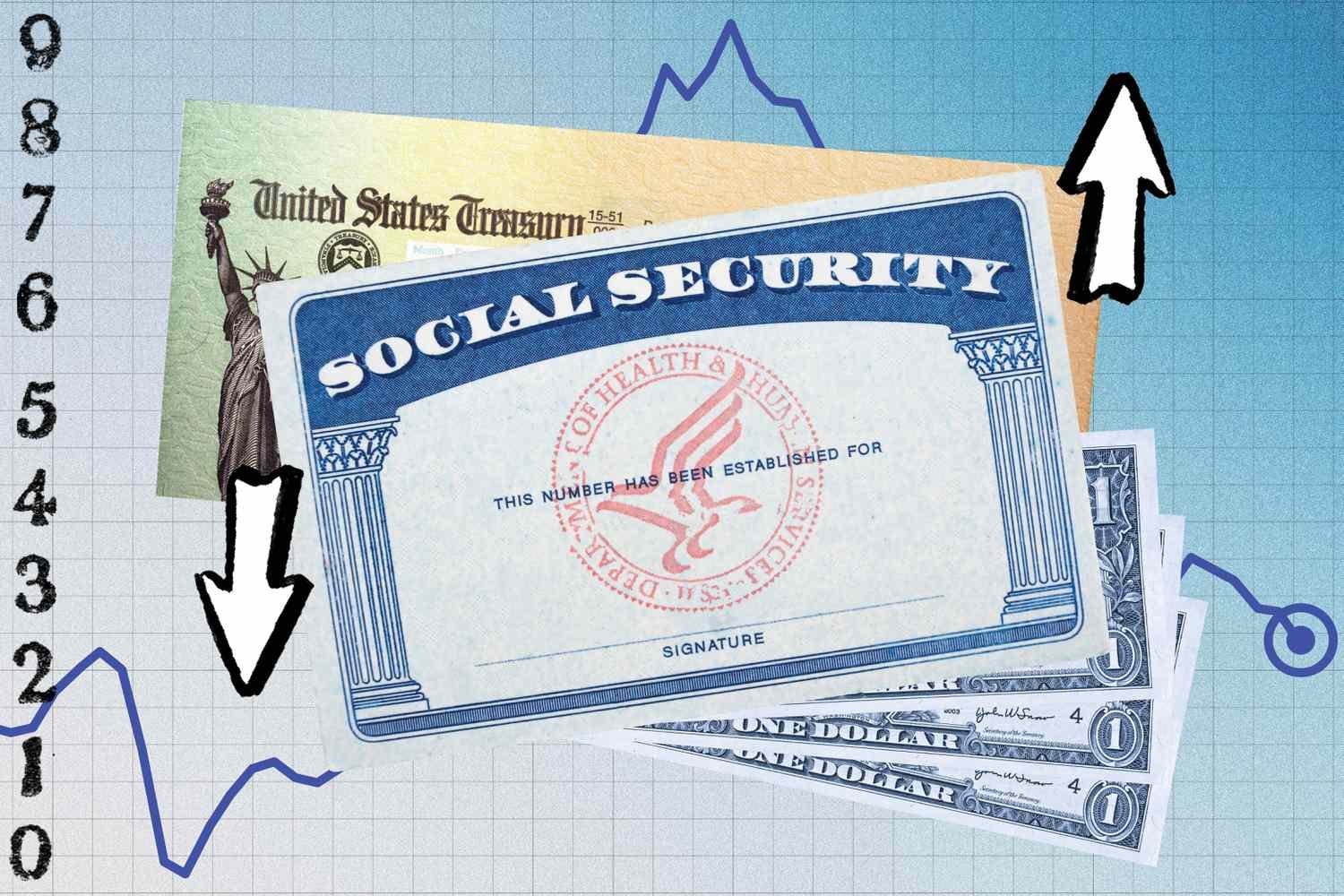:max_bytes(150000):strip_icc():format(jpeg)/Howmuchsocialsecuritybenefitswilladjustinanattempttokeepupwithinflation-0b56af24ef6849dd814fa8610dcc3718.jpg)
Key Takeaways
- If Congress does not take action, the trust funds that help pay Social Security benefits are estimated to be depleted by 2034.
- That shortfall has some Americans wondering if they should take their benefits early.
- Some financial planners are advising more clients to get their benefits closer to their full retirement age than at 70, due to the program’s uncertainty.
- Other financial experts push anyone who can wait until 70 to do so, since they will receive an additional 8% of benefits every year they wait, up to 70.
A report that Social Security funds could soon be depleted has some Americans wondering if they should take their benefits earlier than planned.
The Social Security Trustees said last month that they expect the trust funds that cover shortages and help pay benefits to 69 million recipients will be depleted by 2034. After that, beneficiaries will only receive about 81% of their expected benefits.
Those imminently approaching retirement face a potential dilemma: Take benefits earlier than planned to get what they can before the depletion date, or hold out to full retirement age in hopes that Congress will intervene.
Investopedia asked financial experts what they think about whether you should claim your benefits early as Social Security’s depletion deadline approaches.
The Basics
While you can start collecting reduced Social Security benefits as early as 62, you won’t receive complete benefits unless you wait until you reach full retirement age (FRA) to begin. Your FRA depends on when you were born: it’s 67 for those born in 1960 or later.
If you start taking benefits at 62, your monthly check will be about 30% smaller for the rest of your life than if you wait until you hit FRA.
If you wait until you’re 70 to take Social Security, you’ll get an even bigger monthly check. Benefits increase 8% every year that you wait to claim following your FRA (until you turn 70).
The Argument for Taking Social Security Benefits Before 70 As the Estimated Depletion Date Approaches
Certified Financial Planner Scott Bishop says he has changed the advice he gives to clients about when to claim their benefits.
Ten years ago, he advised clients to wait until age 70, he said. But now, given the uncertainty around whether Congress will intervene to ensure Social Security beneficiaries receive their full benefits when the funds are depleted, he’s moved that timeline up.
“I have been looking at having clients start their Social Security benefits closer to their full retirement age,” Bishop said.
He also notes that Social Security ‘maximizer’ calculators, which help you determine how to get the most out of benefits, typically tell you to wait until 70. However, he said the software does not account for the funds being depleted, or the nearly 20% reduction in benefits when they are, which he says “wipes out the benefit of waiting” for many.
“With that in mind, for clients still working, I tend to have most start benefits at full retirement age. If they’re not working, maybe a little earlier,” Bishop said.
Dennis Huergo, a certified financial planner, said his clients have asked more questions about Social Security. While he urges them to still delay receiving their benefits if it fits their situation, he knows that doesn’t make sense for everyone.
“With the uncertainty around future benefit reductions, claiming earlier can provide peace of mind,” Huergo said. “It’s about aligning financial decisions with both health realities and emotional well-being.”
The Argument for Waiting Until 70 To Take Social Security Benefits
Certified financial planner Rodney Loesch said he is helping clients plan for whatever the future has in store for Social Security longevity, though this doesn’t usually mean tapping into benefits early.
He creates a financial model for clients that factors in the Social Security shortfall, showing them what their financial situation would be if their benefits were reduced by 19%. Loesch said this gives the client a look at their best—and worst-case scenarios so they can better decide when to claim their benefits.
Most financial planners expect Congress to intervene to ensure Social Security remains fully funded. Rob Williams, managing director of financial planning at Charles Schwab, said the program could receive bipartisan support.
“Given the political and financial importance of Social Security, changes to ensure the long-term ability for Social Security to pay benefits seem likely and manageable—if and when Congress chooses to take up those changes,” he said.
Source link
